
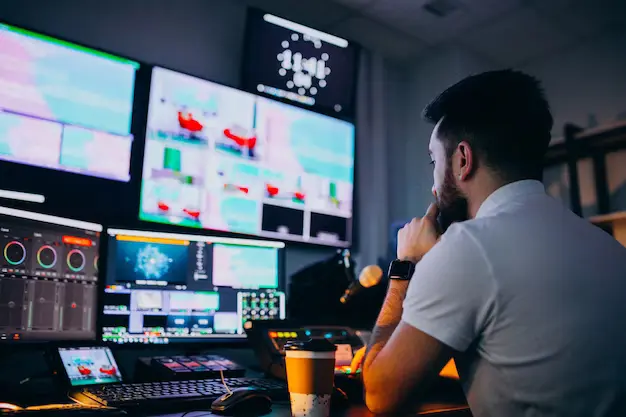
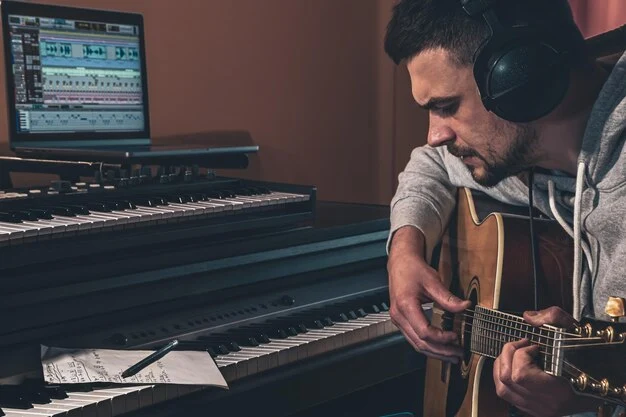
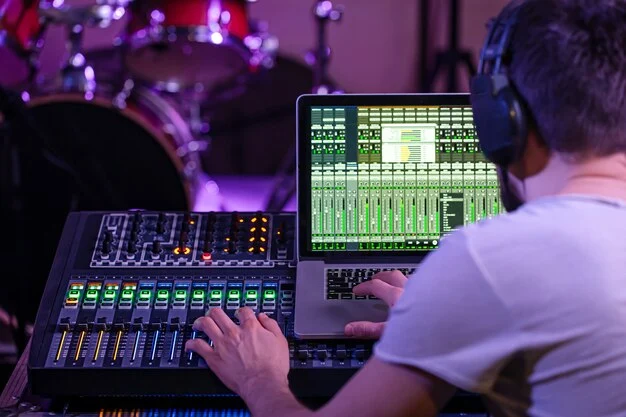
Attain mastery in software tools, sound design, and mixing techniques, empowering you to navigate the technical intricacies of music production with confidence and precision.
Hone your artistic skills, learn composition techniques, and explore diverse genres. This enables you to express your unique musical vision with creativity, authenticity, and a distinct voice.
Connect with industry professionals, collaborate with fellow enthusiasts, and build a network that opens doors to collaborations, projects, and potential career opportunities. Networking is crucial for growth, exposure, and building lasting industry relationships.
Stay updated on the latest trends, tools, and industry standards, ensuring your music aligns with current market demands. This positions you as a relevant artist in a competitive and evolving musical landscape.
Create a robust portfolio of diverse projects showcasing your versatility and proficiency as a music producer. This curated collection becomes essential for attracting clients, labels, and collaborators, establishing your credibility in the industry.
Acquire business knowledge to navigate contracts, licensing, and self-promotion. This empowers you to establish your brand, negotiate deals, and function as an independent and successful entrepreneur in the competitive and dynamic music industry.


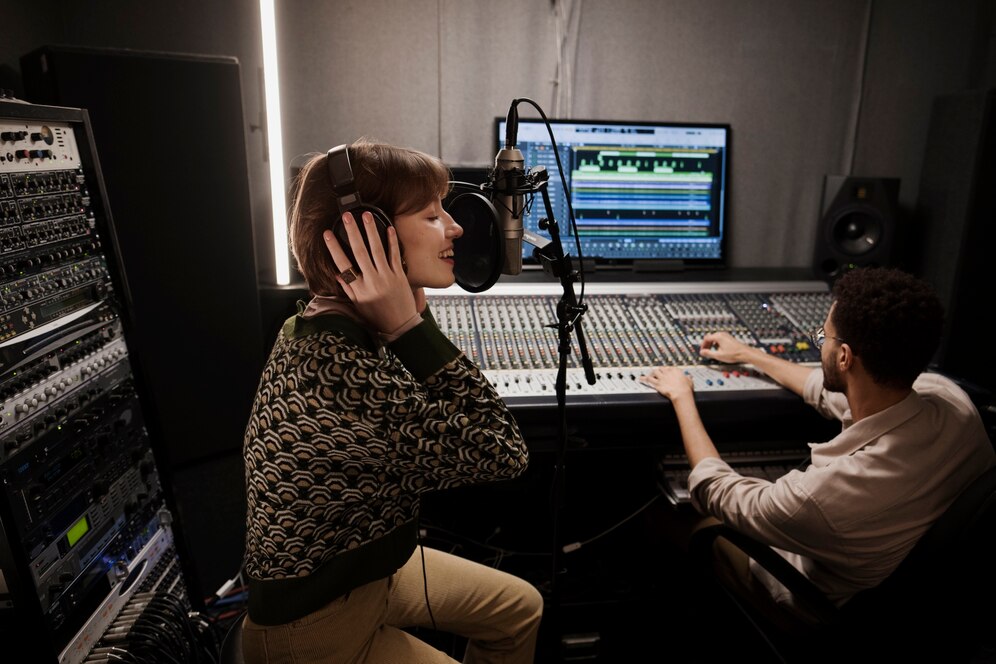
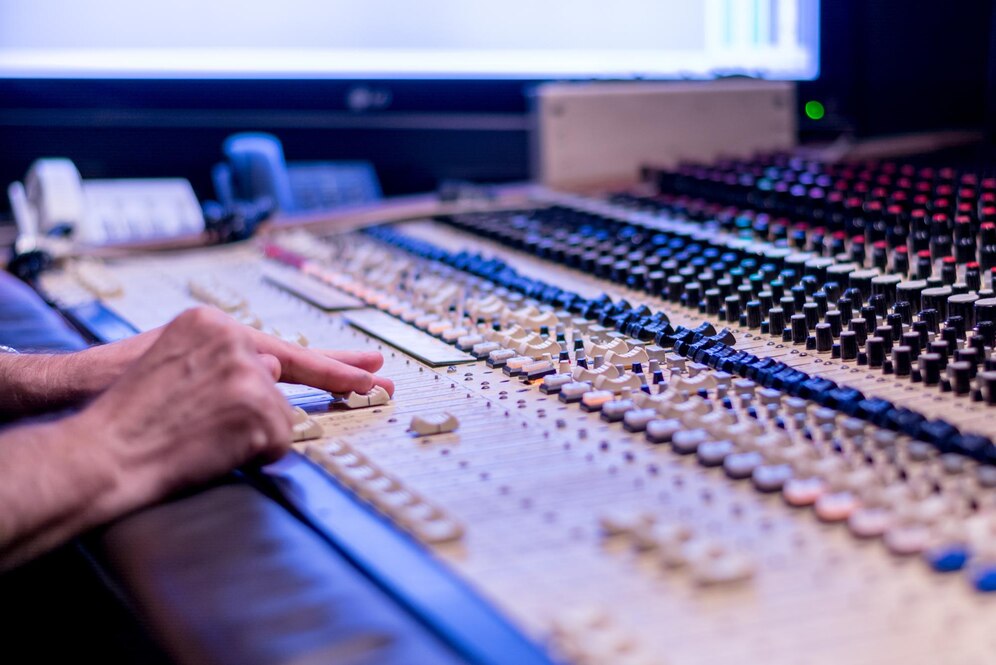
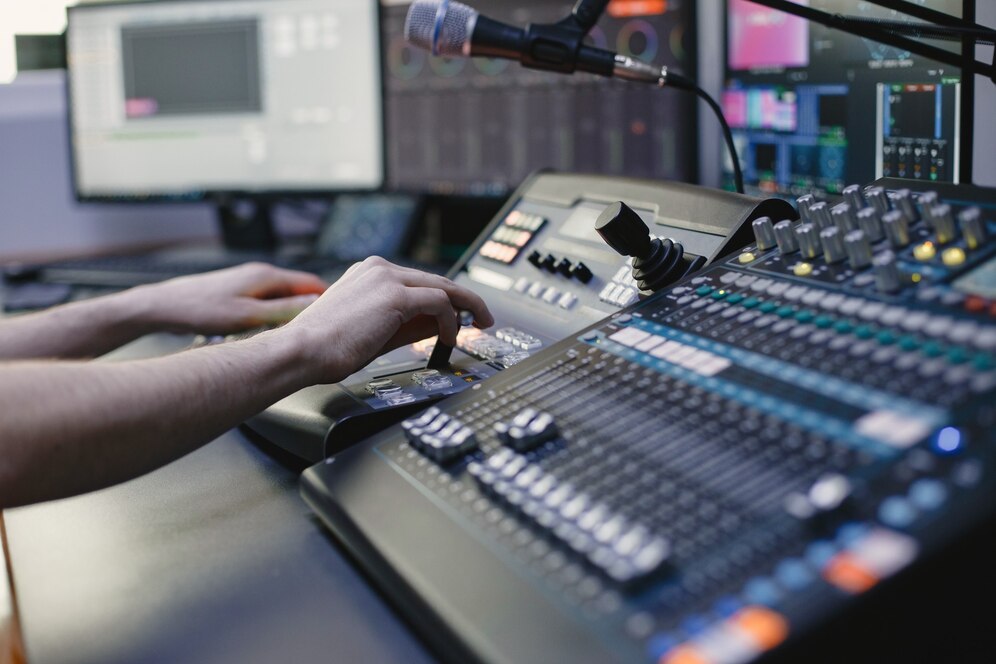
The mixing stage in music production combines individual tracks into a cohesive, balanced, and expressive final mix. It involves adjusting levels, applying effects, and spatial placement to enhance the overall sonic experience. Mixing is a creative process that brings out the best in each element, delivering a polished and professional sound.





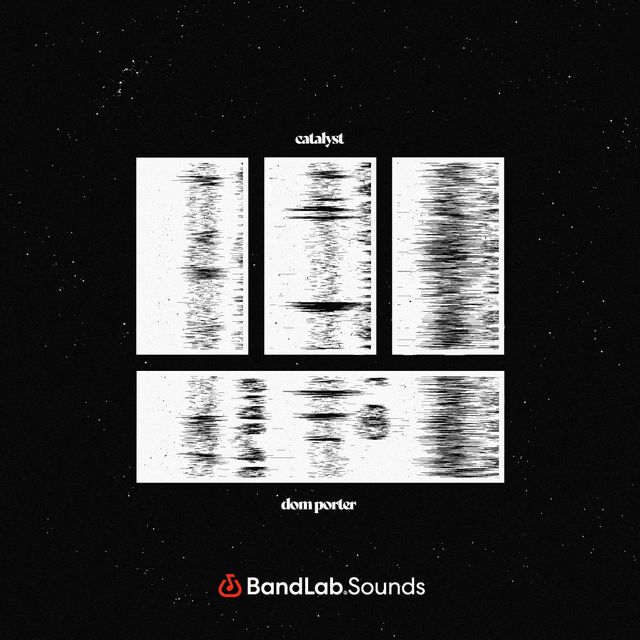

While mixing focuses on balancing individual tracks, mastering is the final step in the production process. It involves preparing and transferring the final mix to a distribution-ready format. Mastering includes overall equalization, compression, limiting, and other processing to enhance the sound and ensure consistency across tracks.
MIDI (Musical Instrument Digital Interface) is a communication protocol that allows electronic musical instruments, computers, and software to communicate with each other. In music production, MIDI is often used to control virtual instruments, trigger samples, and sequence musical events within a digital audio workstation (DAW).

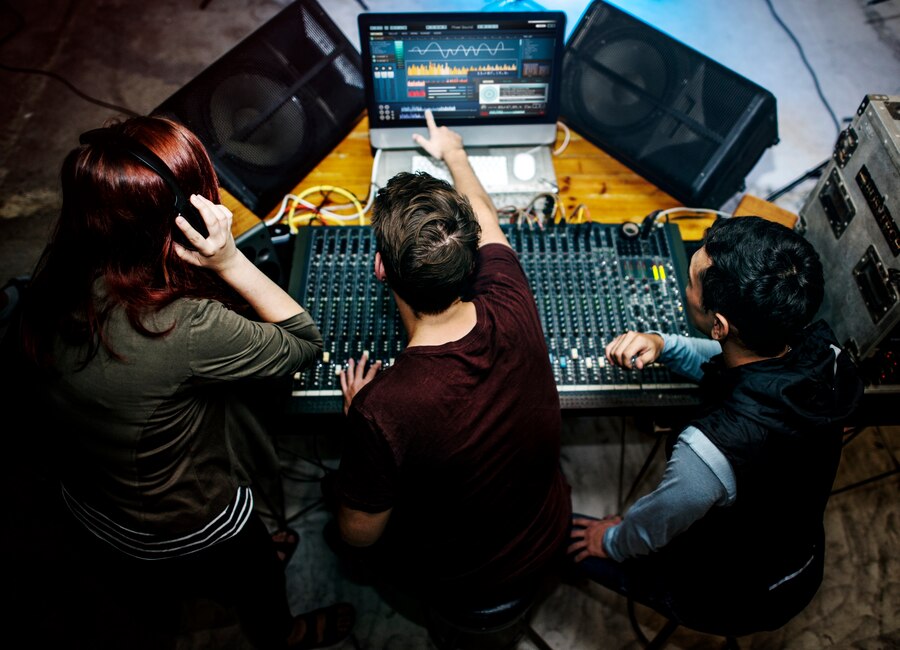
Technological advancements have greatly influenced music production. Digital audio workstations (DAWs), virtual instruments, and software plugins allow for more accessible and versatile production. Additionally, home recording setups have become more prevalent, enabling independent artists to produce professional-quality music without the need for expensive studios.
Effective communication is crucial in a music production team to ensure everyone involved understands the artistic vision, goals, and technical requirements of the project. Clear communication helps prevent misunderstandings and facilitates a collaborative and efficient production process.
Producers collaborate with artists to define the sonic direction of a recording. This includes selecting instruments, guiding arrangements, providing creative input on musical elements, and making decisions during the recording and mixing stages to achieve the desired artistic vision.
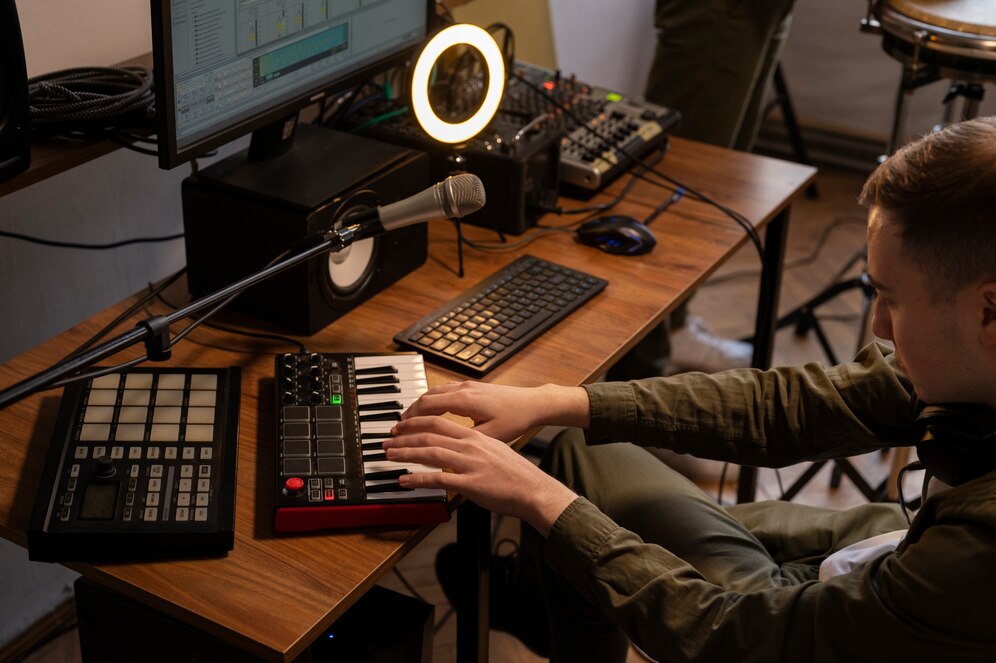


WhatsApp us